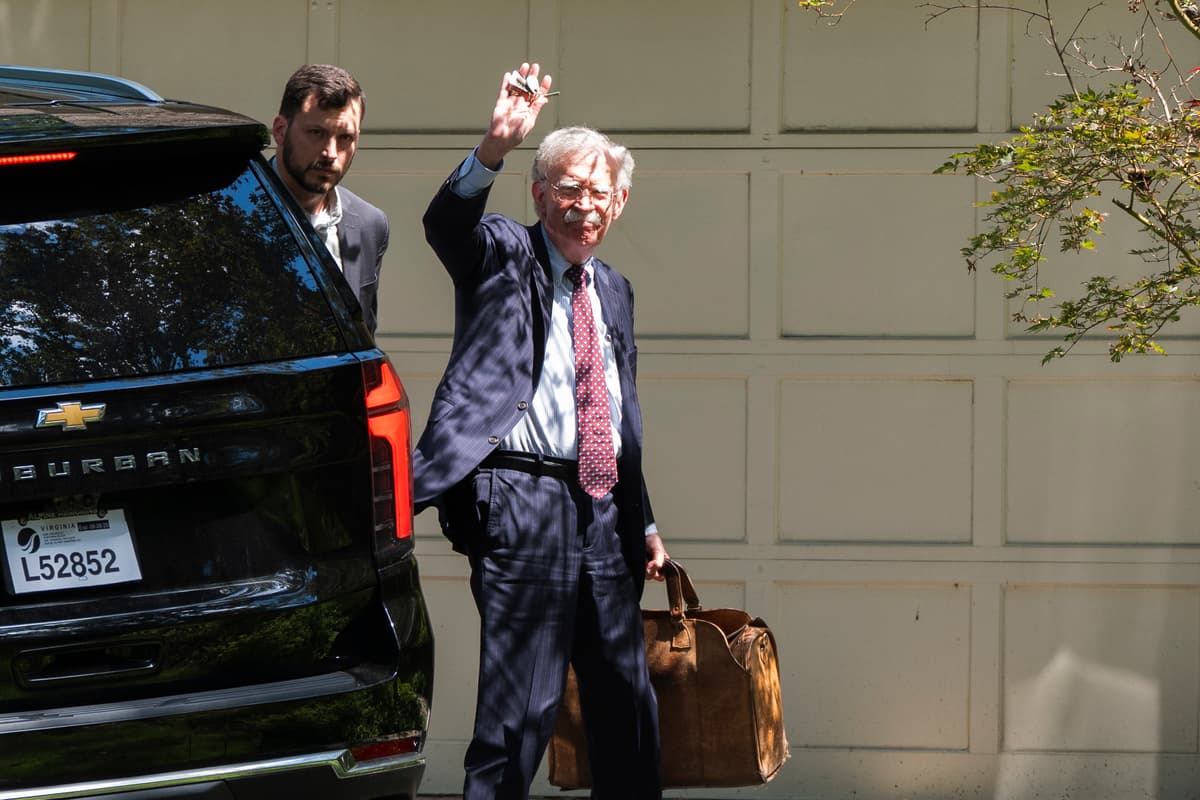Former President Donald Trump recently asserted that he considers himself America’s “chief law enforcement officer” while responding to inquiries regarding the FBI raid on the home of his former National Security Adviser, John Bolton. When questioned about whether he had advance knowledge of the operation, Trump stated, “I don’t want to know about it. It’s not necessary. I could know about it. I could be the one starting it, and I’m actually the chief law enforcement officer. But I feel that it’s better this way.”
The statement drew immediate reactions from various commentators. The Daily Beast highlighted Trump’s claim, pointing out that he characterized Bolton’s actions as “unpatriotic.” Political correspondent Farrah Tomazin labeled Trump’s assertion as “bizarre,” suggesting it undermines the gravity of presidential responsibilities. Meanwhile, the Associated Press noted Trump’s self-identification as the “chief law enforcement officer.”
This declaration is not a novel one for Trump. In February 2020, the Washington Post reported that he had previously claimed this title following his impeachment. The question arises: is it unusual for a sitting president to label themselves as the nation’s chief law enforcement official?
Historical Context of the Title
The history of presidents referring to themselves as the chief law enforcement officer of the United States is well-documented. In February 1980, President Jimmy Carter addressed state attorneys general at a White House reception, asserting that his responsibilities included not only national security but also the preservation of justice and equity. “I have to be primarily concerned about our Nation’s security,” Carter remarked, “but this responsibility cannot be separated from my own as the chief law enforcement officer of our country.”
Similarly, President Bill Clinton addressed the House Judiciary Committee in November 1998, acknowledging that while he was often referred to as the chief law enforcement officer, the Constitution does not explicitly designate the president in this role. Clinton cited Article II, Section 1 of the Constitution, which states that “the executive power shall be vested in a president of the United States of America,” implying that law enforcement falls under this executive power.
Legal Perspectives on the Role
The debate over the president’s role as chief law enforcement officer dates back several decades. An article published by Time magazine on June 17, 1974, discussed the legal implications of President Richard Nixon refusing to surrender tapes related to the Watergate investigation. The piece explored the argument that Nixon, as the nation’s chief law enforcement officer, was not required to comply with a subpoena from Special Prosecutor Leon Jaworski. Yale constitutional law professor Alexander Bickel supported Nixon’s position, arguing that the Constitution vaguely grants the president ultimate legal authority, although he criticized Nixon’s actions as undermining the integrity of this role.
Bickel’s views provide insight into the ongoing debate about the president’s legal authority, especially concerning law enforcement. This argument continues to resonate in contemporary discussions, as many experts affirm that while the president can be viewed as the chief law enforcement officer, the role comes with significant responsibilities and ethical considerations.
As the political landscape evolves, the implications of Trump’s self-identification as the chief law enforcement officer raise questions about the interplay between presidential power and accountability within the legal system. The assertion has sparked a renewed interest in the constitutional foundations of executive authority and its limits, highlighting the complex relationship between the presidency and law enforcement in the United States.
